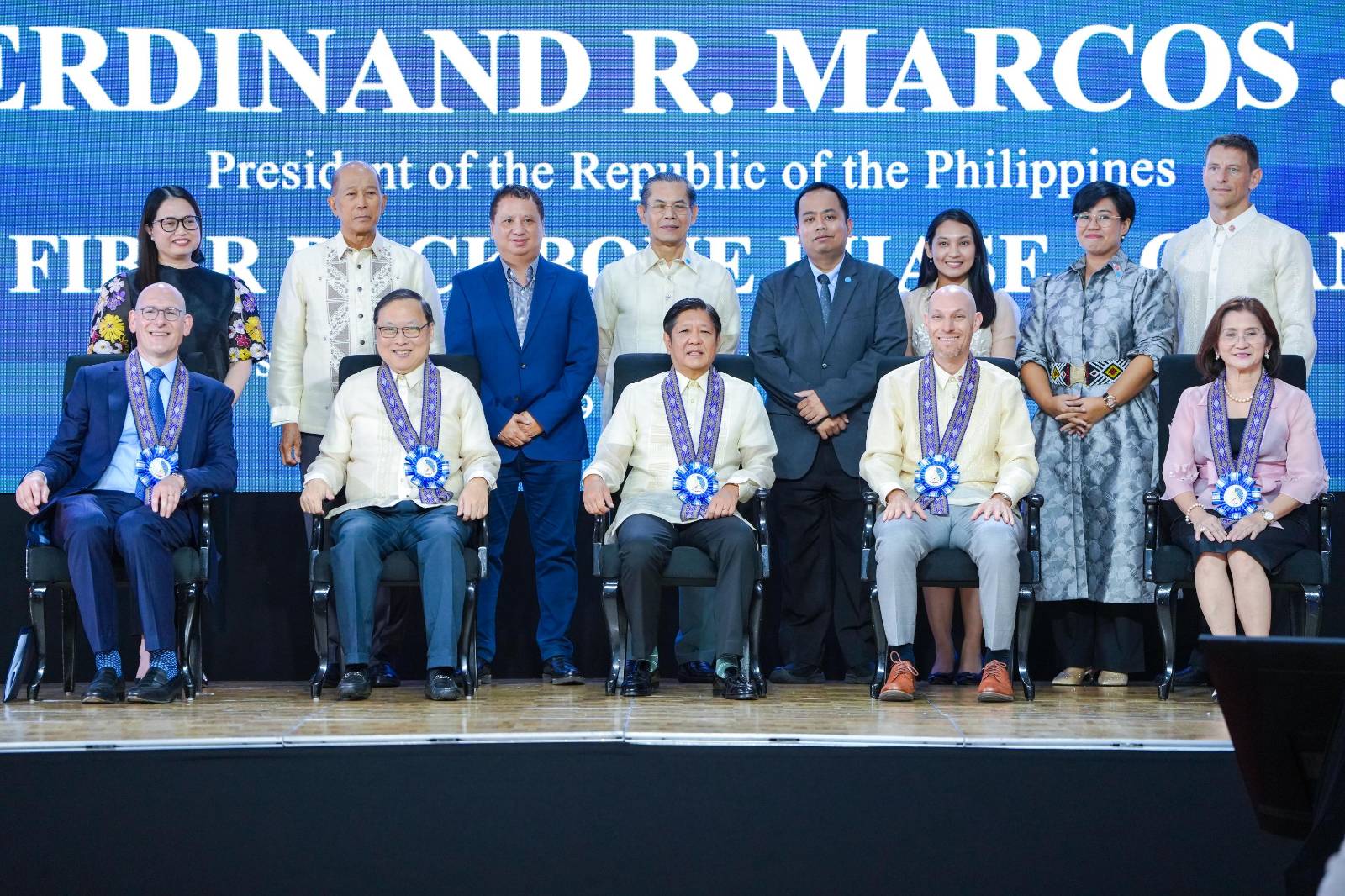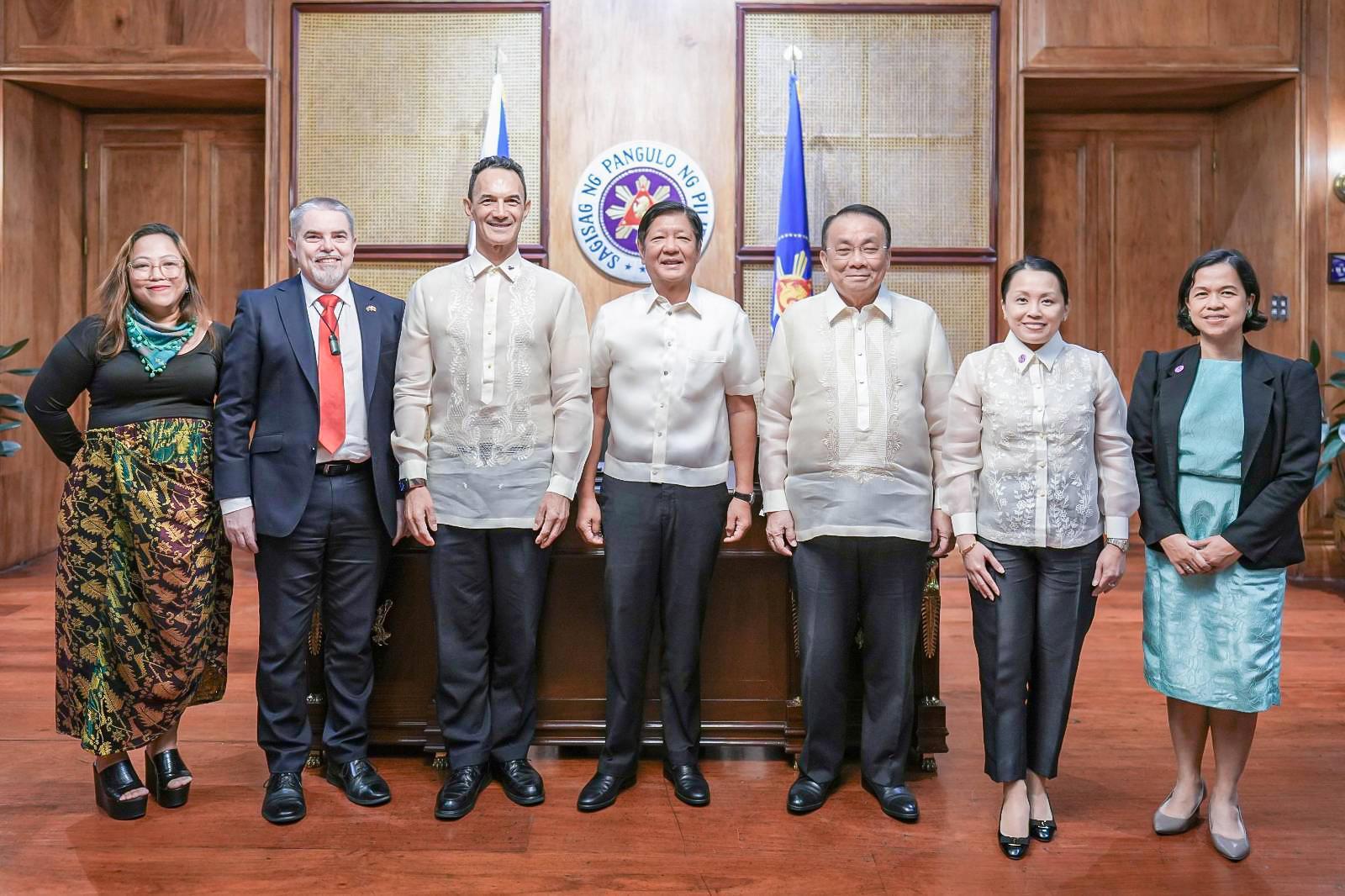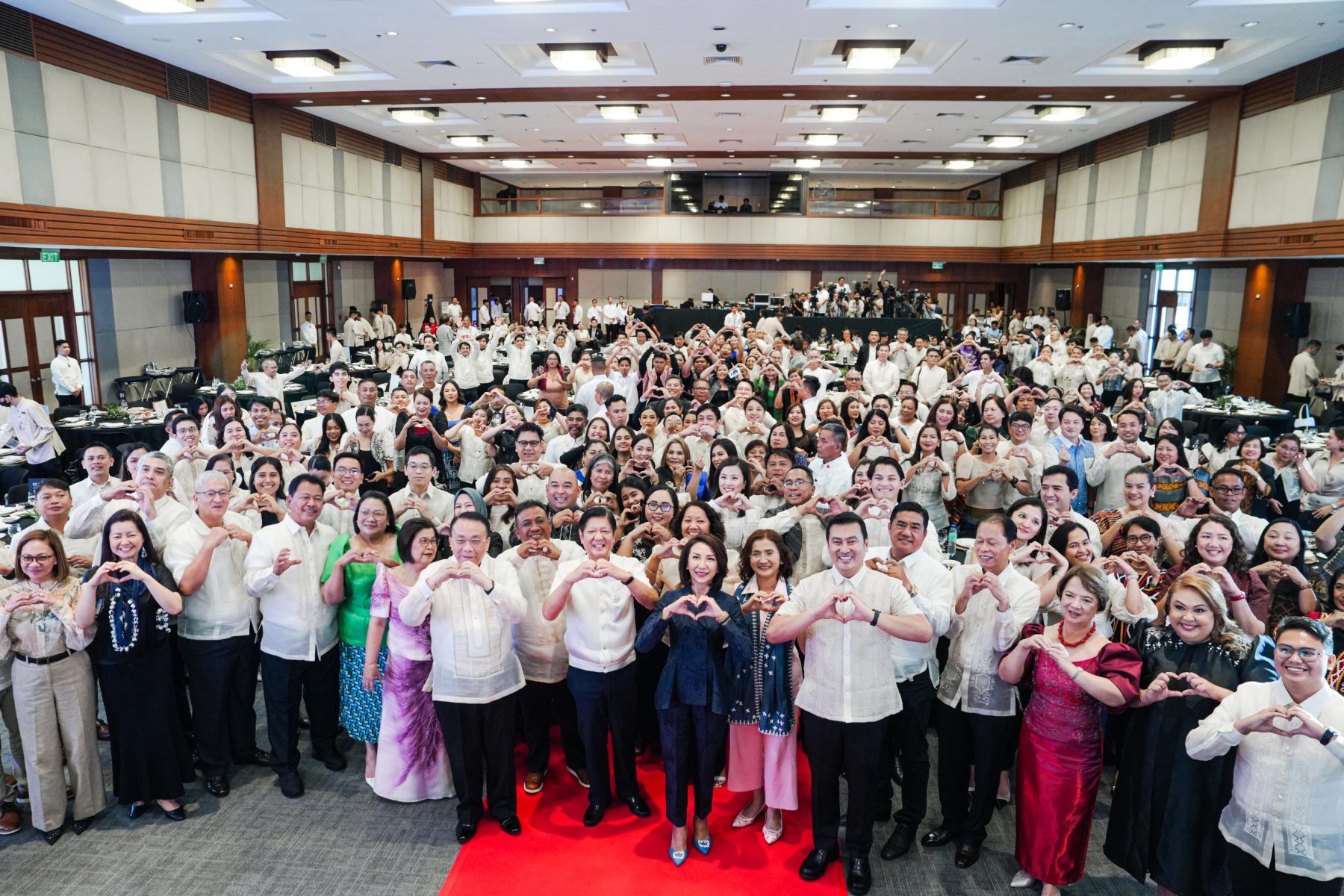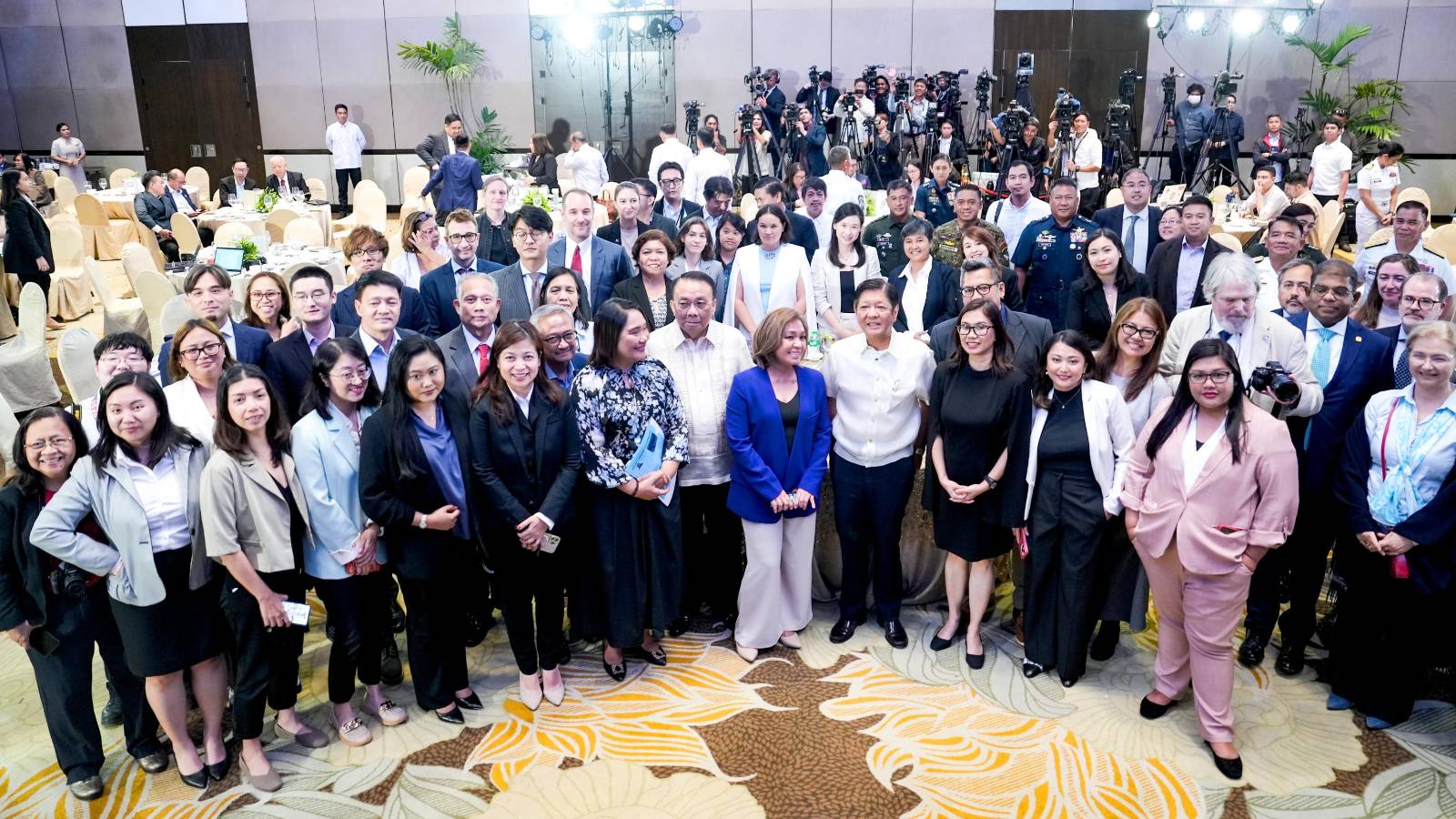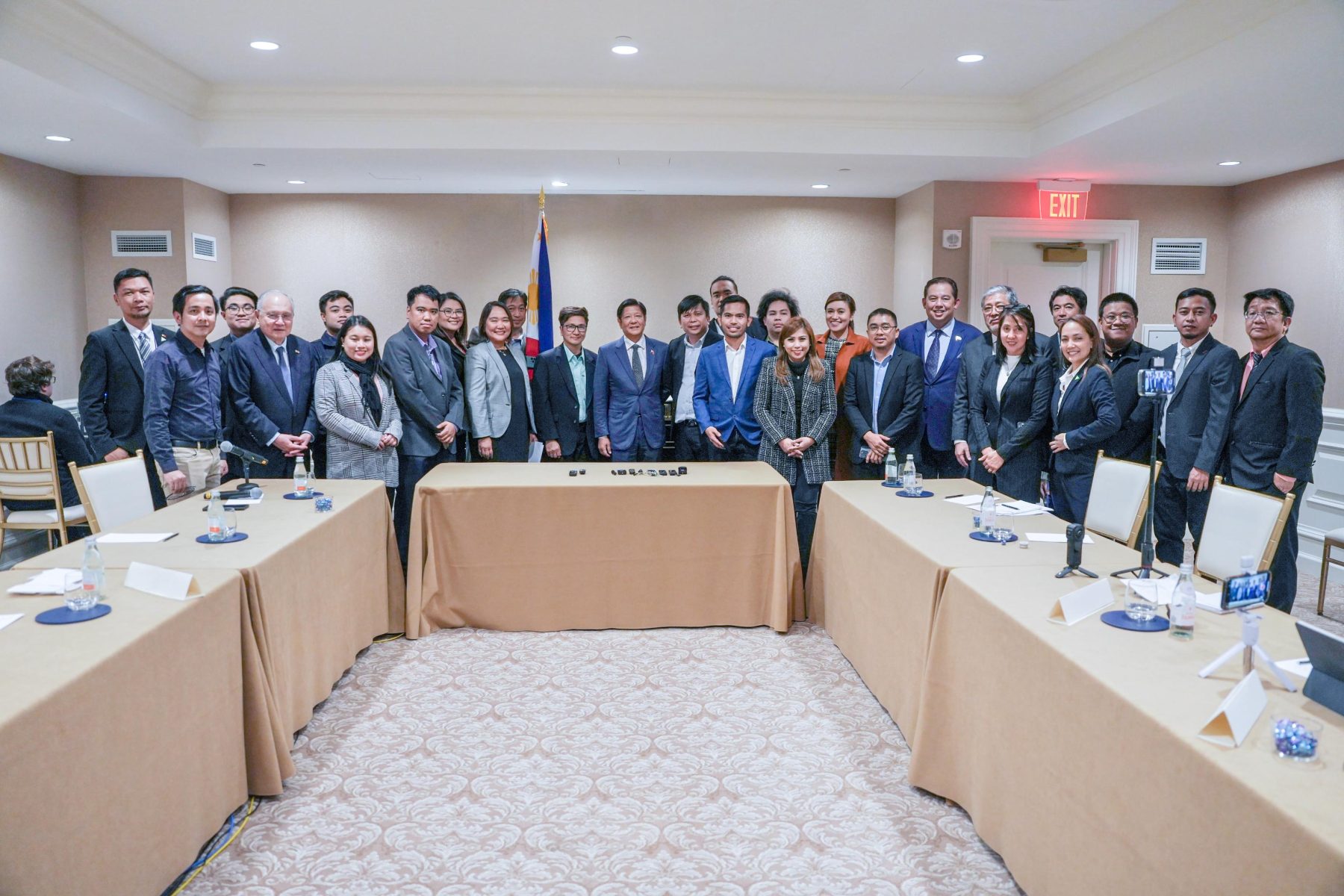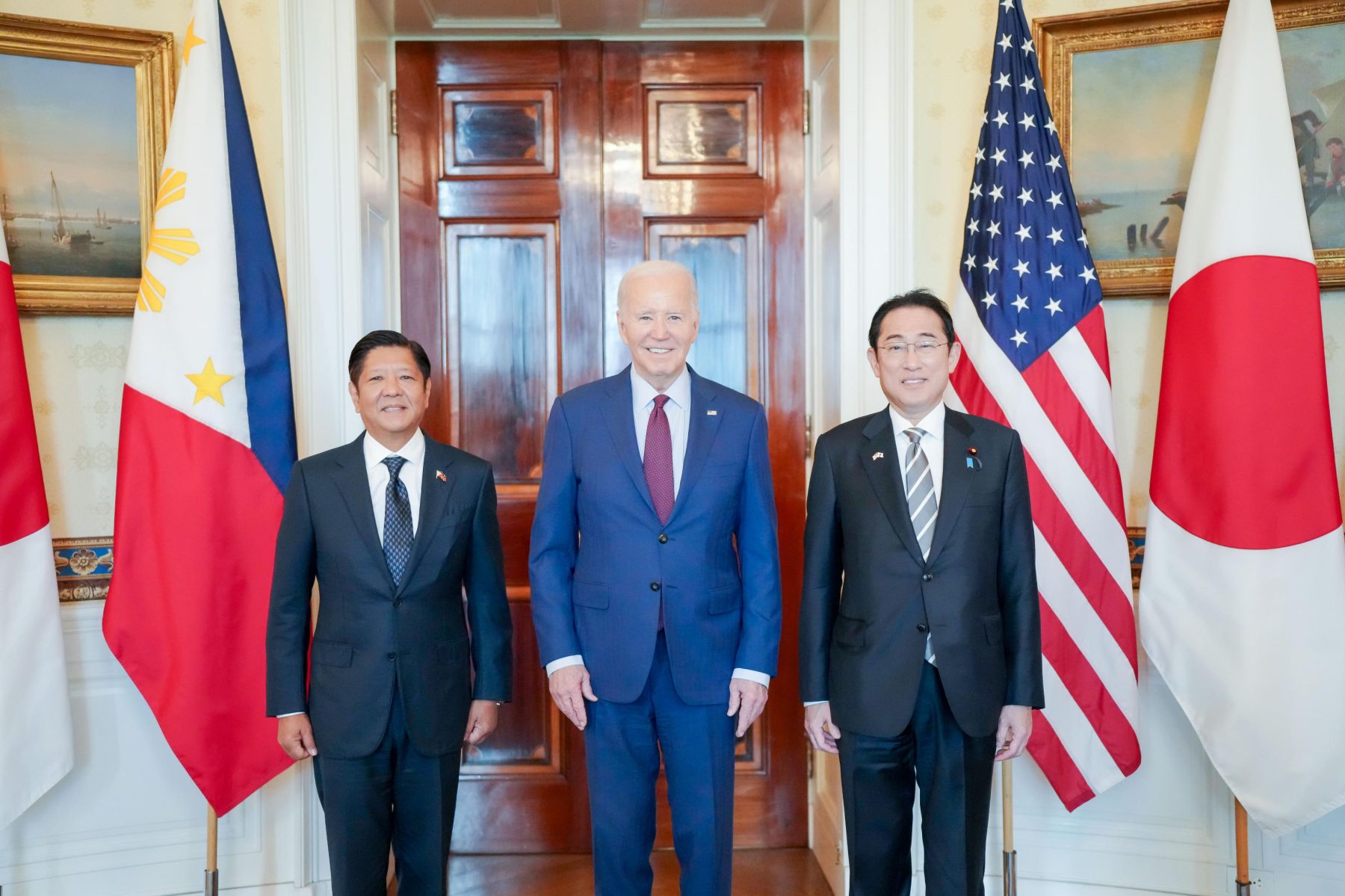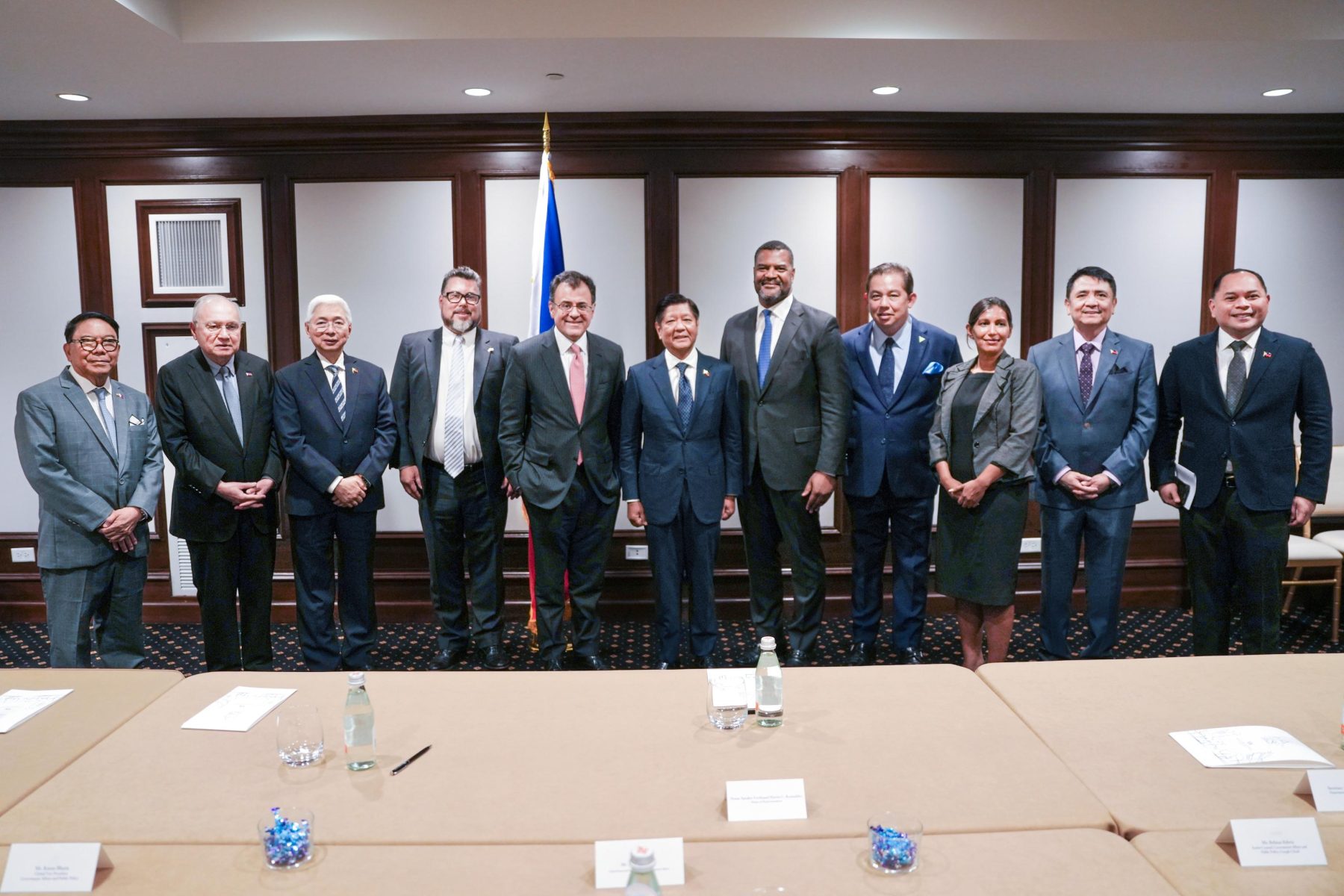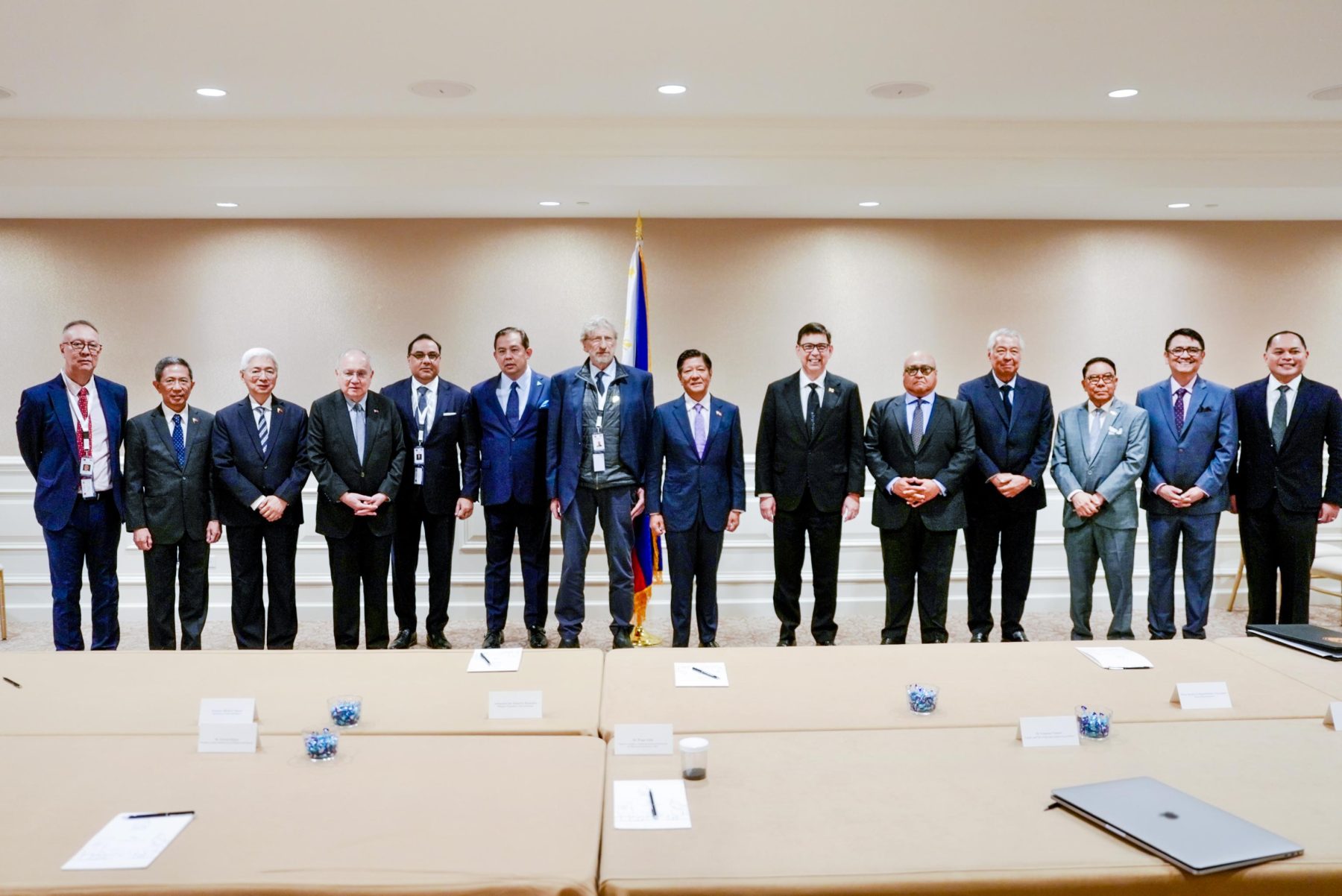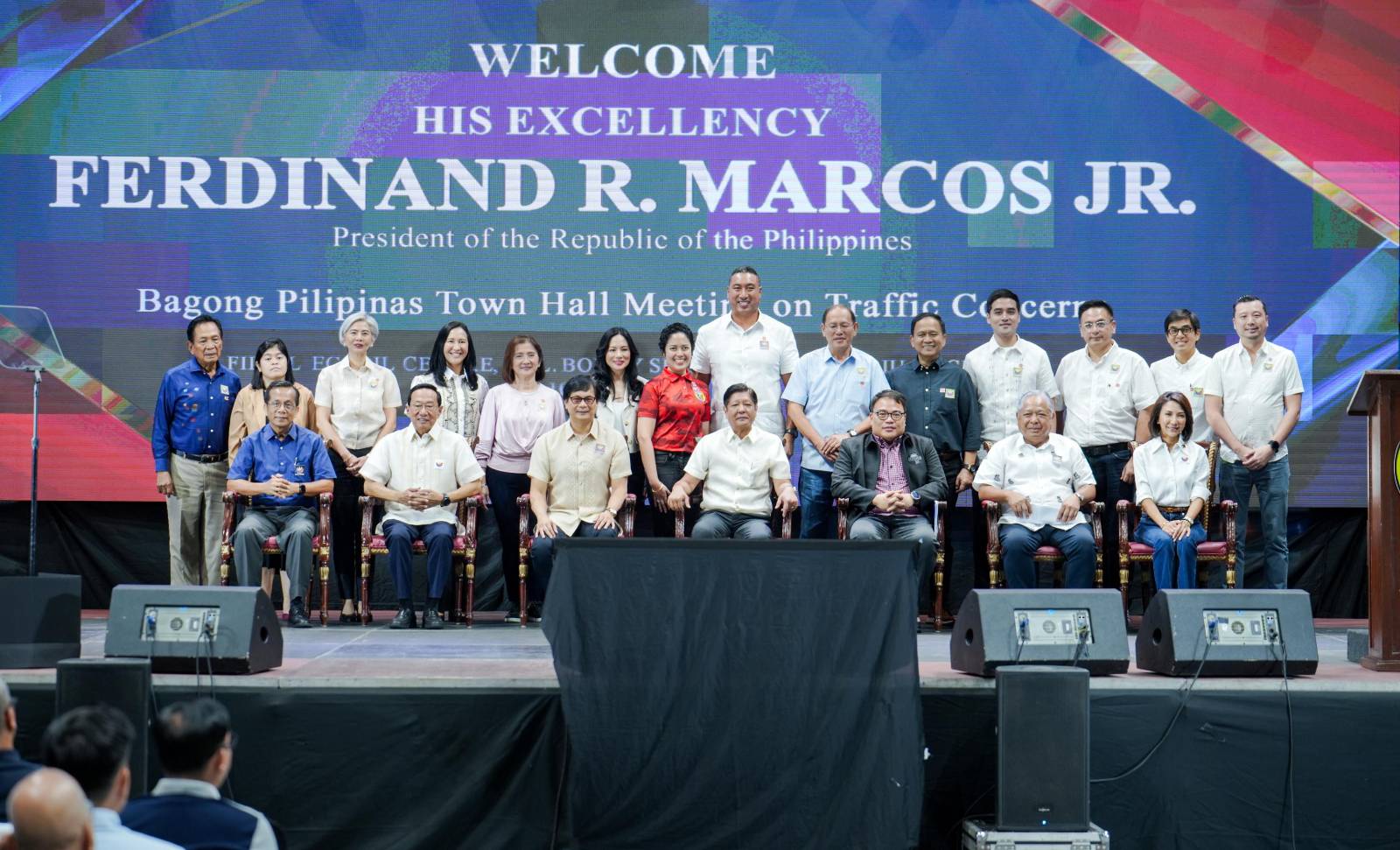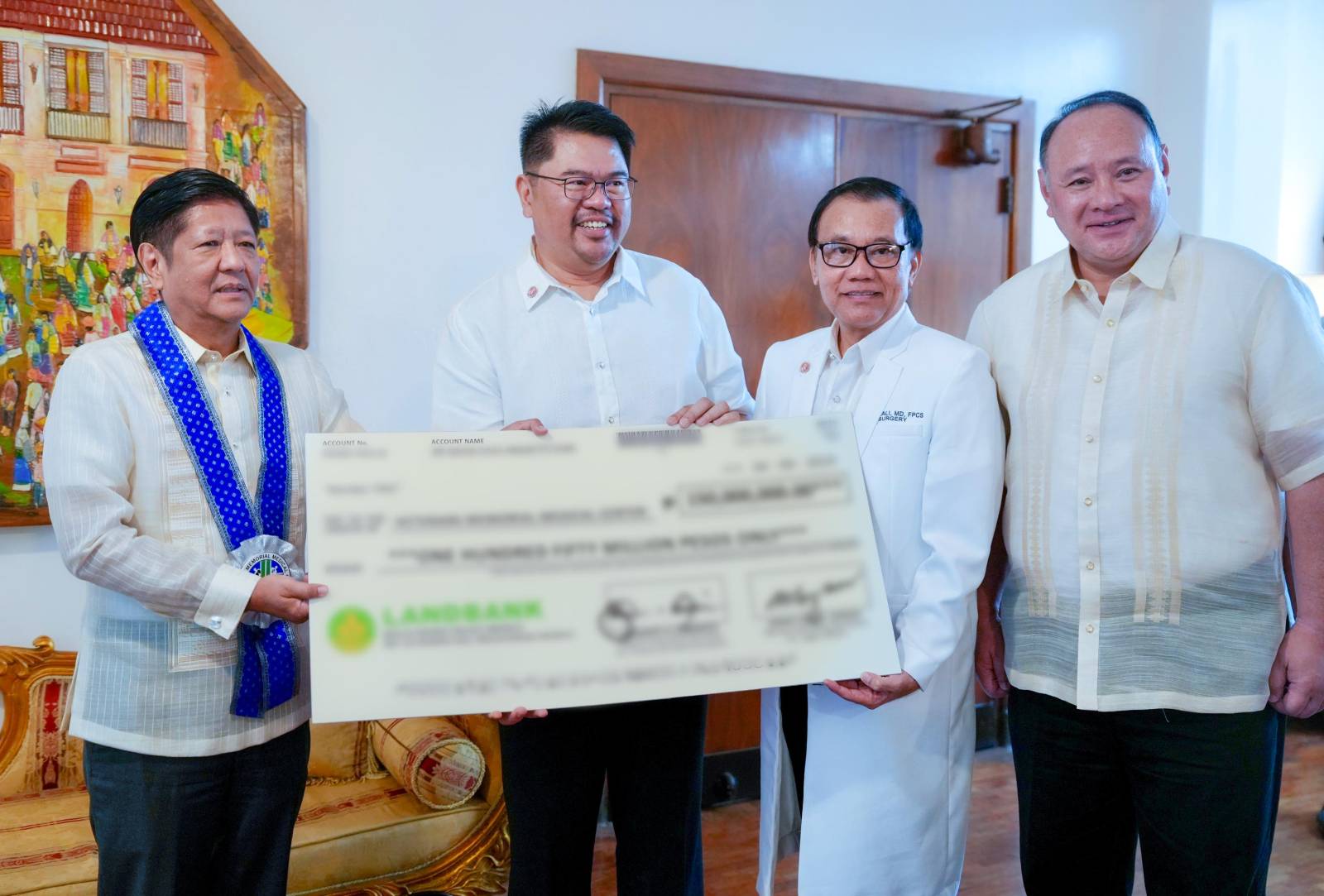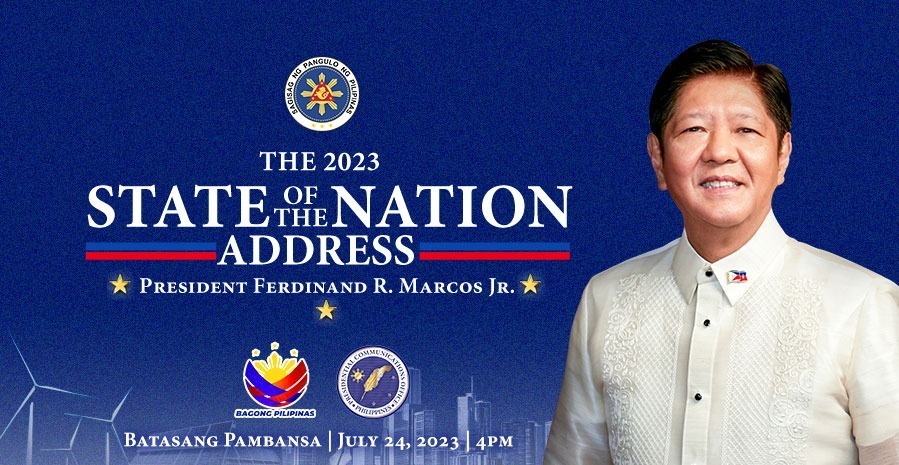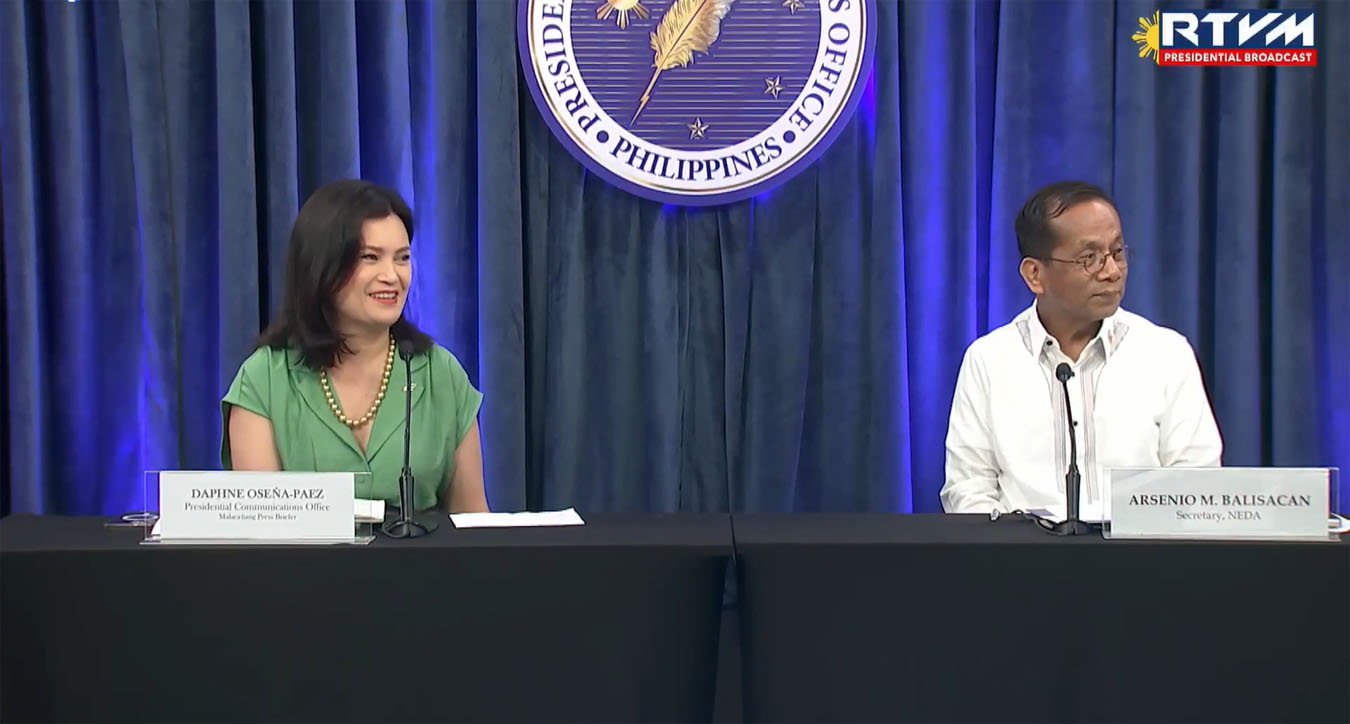September 22, 2015 – News Releases
 |
| 22 September 2015 |
APEC NEWS RELEASES
|
|
|
| Preparing small and medium enterprises in APEC economies in emergency situations |
| (ILOILO CITY) Small and medium enterprises (SMEs) represent the backbone of the region’s economy making up 90 percent of all businesses operating in the Asia-Pacific.
In the Philippines, SMEs provide a living for 65 percent of the labor force. However, compared to large international companies, SMEs are more vulnerable to natural hazards due to resource, knowledge, planning and experience gaps. Post-disaster data illustrates this point. In the aftermath of typhoon Yolanda (international name: Haiyan), many SMEs in the Philippines were hit hard as they suffered from delays in operation, losses in inventories and decline in sales. Lives, livelihoods and communities were seriously affected. Overall damages to the economy were estimated to be around 15 percent of its gross domestic product (GDP) in 2013. The challenges that SMEs face in disasters can destabilize entire industries. And yet, many SMEs lack disaster planning. Large-scale emergencies in the region such as typhoon Yolanda put the vulnerability of SMEs and entrepreneurs into greater focus on the Asia-Pacific Economic Cooperation (APEC) agenda. Such concerns have inspired emergency management officials from across the APEC region who will convene this week here in Iloilo for the Workshop on Business Continuity Planning for APEC SMEs: Building Sustainable and Resilient Communities organized to prepare member economies to protect people’s lives and assets and facilitate secure trade in the region. The main goal of the workshop is to promote SMEs to establish business continuity plans (BCPs) for sustainable global supply chains. This is accomplished by training related government, non-profit and private sector organizations in APEC member economies, so they, in turn can train SMEs in their respective economies. Experts have already developed a simple step-by-step APEC Business Continuity Planning Guidebook for SMEs. There are three stages of business continuity plans. These include pre-disaster measures, emergency response during a disaster and continuity strategies post-disaster. A key element of a business continuity plan is to be able to resume disrupted operations as quickly as possible. This could involve a contingency plan to relocate operations to a safer venue. SMEs can develop their own business continuity plan tailored to their unique company needs and size and many measures can be implemented cost-effectively. The focus of business continuity planning is for all employees to be able to continue to execute their roles in emergency situations. The Asian Disaster Preparedness Center in Thailand and the Asian Disaster Reduction Center in Japan are also using the APEC Guidebook as a teaching tool to train SMEs on business continuity planning. Policy recommendations resulting from the APEC workshop here in Iloilo will be reported to senior emergency management officials during the 9th Senior Disaster Management Officials Forum (SDMOF) scheduled from September 22 to 23 to be hosted by the National Disaster Risk Reduction and Management Council (NDRRMC) and the Office of Civil Defense (OCD). The forum will be the venue for the discussion of various disaster risk reduction and management (DRRM) topics and the sharing of best practices of the various member-economies. Specialist topics will be presented by subject-matter experts on DRRM hailing from international DRR agencies such as the Association of Southeast Asian Nations (ASEAN) Centre for Humanitarian Assistance and Disaster Management (AHA Centre) and the United Nations International Strategy for Disaster Reduction (UNISDR). Addressing the “new normal” is the highlight of the 9th SDMOF, the proposed theme of which is “Whole-of-Economy Approach: A Paradigm Shift to Adapt to the “New Normal”. This is in cognizance of the fact that climate change does not recognize national boundaries, or political or economic affiliations. According to NDRRMC Executive Director and Civil Defense Administrator, Usec Alexander Pama, the Philippines, as a member economy of APEC, advocates for stronger programs on disaster risk reduction and management that will make the economy more resilient and beneficial to the people. “There really is a need for an inter-economy cooperation in dealing with disasters to ensure sustainable economic growth in the Asia-Pacific Region and promote a holistic, comprehensive, integrated and proactive approach as a new paradigm in addressing disasters and managing risks,” Usec Pama said in a statement. (acg) |
|
|
| Asia-Pacific Disaster Management officials meet in Iloilo City to address impact of disasters |
| (ILOILO CITY, Iloilo) The 9th Senior Disaster Management Officials’ Forum (SDMOF) opened here on Tuesday, eyeing to elevate the discussions to the ministerial level in an effort to come up with more effective measures that would mitigate the impact of disasters in the region.
In his keynote address, Defense Secretary Voltaire Gazmin said weather disturbances that wreak havoc in the region are the new norm that cuts across the priorities of member economies of the Asia-Pacific Economic Cooperation (APEC). Aside from their massive impact on properties and people’s livelihoods, disasters often cause large casualties. “Most importantly, disasters cause tragic losses of precious lives of citizens in the APEC community,” he said. As such, APEC economies consider disaster response and mitigation as a priority, with APEC leaders approving disaster risk mitigation initiatives in recent years. Secretary Gazmin noted that the regional bloc is developing policies on the organization of emergency preparedness working groups to address disaster impacts. During the 8th Senior Disaster Management Officials’ Forum in Beijing last year, APEC members committed to maximize the application of science and technology to further strengthen disaster risk reduction. With the emerging concept of the new normal, the region needs proactive multi-stakeholders and long-term interventions to make every APEC economy resilient to disasters. With the theme “Whole-of-Economy Approach: A Paradigm Shift to Adopt the ‘New Normal'”, the 9th Senior Disaster Management Officials’ Forum will highlight that disasters are not just a concern of an economy or small groups of economies, a sector or an organization. Instead, disaster risk reduction requires a robust and sustainable inter-economy cooperation in the Asia-Pacific region. “The primary goal of the 9th Senior Disaster Management Officials’ Forum is to endorse to our economic leaders the proposed APEC framework on disaster risk reduction as a new paradigm to mainstream disaster reduction in the APEC agenda,” Gazmin said. It aims to promote APEC-wide collaboration on disaster risk reduction, as well as decide on a common direction so that economies would be more responsive to the new reality on the serious threats posed by stronger and more frequent disasters. Gazmin noted that in the Philippines, disaster risk reduction is a top priority that has compelled the government to incorporate disaster risk reduction in all its polices and decisions to ensure the resiliency of communities and protect businesses. Disaster mitigation and response is major issue due to the impact of disasters on the economy. The World Bank said the APEC region had incurred more than US$100 billion in annual losses in the past 10 years because of disasters. PND (as) |
|
|
| APEC economies urged to provide small, medium businesses more diversified financial instruments |
| (ILOILO CITY, Iloilo) The 21 member economies of the Asia-Pacific Economic Cooperation (APEC) have been urged to provide diversified financial instruments that would suit the changing needs of micro, small, and medium enterprises (MSMEs) in the region.
Chair of the APEC Business Advisory Council (ABAC), Doris Magsaysay-Ho, said on Tuesday that broadening the range of financing instruments available to MSMEs is key to achieving financial inclusion and will help these enterprises expand their businesses. Ho, who is also the president and chief executive officer of A. Magsaysay Inc., made the statement during the APEC SME Finance Forum at the Iloilo Convention Center here. “We have seen the fruits of our work in the form of economies benefiting from higher levels of trade and investments, lower tariffs, ease of doing business, and our people having wider and cheaper sources of goods and services,” she said. “Unfortunately, many MSMEs are unable to access financing, thus stifling their ability to grow their businesses, pursue innovation, or comply with minimum standards to enable their participation in local supply chains, much less, global value chains,” she added. The ABAC chair mentioned the need for a new financing service that would help startups in the region promote innovation. “We need financing instruments that will provide financing for startups, as well as financial innovation that responds to the changing business models,” said Ho. She further noted that since the Asia-Pacific region is prone to natural disasters, which impact business operations, MSMEs need to be equipped with “responsive financial instruments that will allow them to mitigate disaster risks for them to recover quickly”. “We see the great need for financial instruments, such as micro insurance for business continuity and catastrophe bonds, to help communities in their reconstruction,” Ho said. The ABAC chair also called for digital financing solutions in the region to allow deeper penetration of financial service providers in the market. “The business models of digital finance are changing the environment for lending, savings, insurance and payments in a way that warrants more attention by policymakers. The economic evolution brought about by the digital revolution affords us options that we have never had before,” Ho said. PNA (kc) |
|
|
| Philippine Climate Change Commissioner tells APEC: No trade without addressing disaster risk issues |
| (ILOILO CITY, Iloilo) There can be no trade agreement without addressing disaster risk and climate change issues in the Asia-Pacific region, Commissioner Emmanuel de Guzman of the Climate Change Commission said Tuesday on behalf of Senator Loren Legarda.
“If you (APEC economies) are not prepared to address (disaster risk issues), then there is no trade to speak of,” he said, reading Senator Legarda’s speech during the opening session of the 9th Senior Disaster Management Officials’ Forum (SDFOM) of the Asia-Pacific Economic Cooperation (APEC). Legarda, a United Nations champion for disaster risk reduction and climate change adaptation, was unable to attend the forum. As the forum called on governments to come up with an APEC framework for disaster risk reduction, de Guzman said APEC economies must also ask themselves “if we have done enough to ensure that our economies (are) addressing the effects of climate change”. “If there are free trade agreements, free trade facilitations, why can’t there be more agreements on disaster resilience?” he added. According to Defense Secretary Voltaire Gazmin, also the chairman of the National Disaster Risk Reduction and Management Council (NDRRMC), APEC economies have been losing U$100 billion every year for the past decade because of disasters. Although agreements within the APEC brought “a number of benefits” in trade and investment and in promoting ease of doing business in the region, the 21 economies need to support one another through strengthened cooperative research, technology transfer, capacity building, and knowledge sharing in mitigating the effects of disasters and climate change, de Guzman said. “Disasters know no boundaries and borders as we make our respective economies resilient and sustainable,” he added. In her speech, Legarda challenged the leaders to be “champions of the change for the future that we want”. “The people in this room have the power to interest our leaders toward a brighter future. Let us all become victors instead of victims. The path that we will take today will determine the faith of the next generation, starting with our very own children. Let us not fail them,” she said. The 9th APEC SDFOM aims to urge APEC leaders to integrate into their national agenda the organization’s disaster risk reduction framework in the hope of building more resilient and inclusive economies in the region. (acg) |
|
|
| Disaster mitigation measures must reach grassroots level, says lawmaker |
| (ILOILO CITY, Iloilo) Good disaster mitigation policies would remain ineffective if these measures do not trickle down to the local level, a lawmaker said in a speech delivered during the opening of the two-day Asia-Pacific Economic Cooperation (APEC) meeting on disaster management here Tuesday.
“Local government and communities must embrace these policies and translate them into action,” Senator Loren Legarda said in a speech read on her behalf by Climate Change Commissioner Emmanuel de Guzman. Legarda was unable to attend the forum. “This means that land use plan should be risk-sensitive; cities and human settlements must be inclusive, safe, resilient and sustainable; multi-hazard early warning systems should be in place.” The public must know the risks from hazards and the appropriate action to take to prevent the loss of lives and livelihood, she said. In building back better, the government needs the support of the private sector, Legarda said, adding that building better would be meaningful if resilience benchmarks are followed. There must also be investments in flood control, forest management, hazard identification, mapping and assessment, research and development, and risk financing. The private sector, she said, has the potential to bring in core competencies for shaping innovative and sustainable solutions, and therefore plays a vital role in building resilience. The senator also emphasized the need to address the specific needs of women, children, the elderly, persons with disabilities, and indigenous peoples. She further noted that because natural calamities have no boundaries, inter-economy cooperation in dealing with disasters must be strengthened. “As we make our respective economies resilient and sustainable, the whole region will benefit if we can support each other through strengthened collaborative research technology transfer, capacity building and knowledge sharing,” Legarda said. She pointed out that while APEC has brought a number of benefits in terms of trade, investment and promoting ease of doing business in the region, member economies must also ensure that they address the effects of climate change to protect their gains. In the past decade, Legarda said, disasters impacted on vulnerable communities, with 1.5 billion people affected in different ways. There were 700,000 casualties and 23 million left homeless by disasters, she said, putting total economic loss at more than $1.3 trillion. A United Nations report this year said the growing global inequality, increasing hazard exposure, rapid urbanization, and the overconsumption of energy and natural capital are major factors that would “drive risk to dangerous and unpredictable levels”. PND (as) |
|
|
| President Aquino leads 17th Philippine Quality Awards conferment ceremonies |
| President Benigno S. Aquino III on Tuesday led the 17th Philippine Quality Awards (PQA) conferment ceremonies held at the Rizal Hall of Malacañang Palace.
In his speech during the ceremony, the President said he was pleased to know that recipients of this year’s awards came from various sectors. “Today, we are recognizing more than just financial or operational decisions that have paid off. We are recognizing your pursuit of quality in the most profound sense of the word—because it does not only mean a stronger institution, a larger share in the market, or a higher quality of performance, but an infinitely higher quality of life for more Filipinos,” he said. This year’s awardees come from the sectors of electronics, packaging, and education, and including a government agency. The PQA Recognition for Proficiency in Quality Management was conferred on ROHM Electronics Philippines, Inc., SMC Yamamura Fuso Molds Corporation and STMicroelectronics, Inc.; while the PQA Recognition for Commitment to Quality Management went to the Department of Science and Technology–Region II, Colegio de San Juan de Letran–Manila, and Lyceum of the Philippines–Laguna. The PQA, the country’s highest level of recognition given to organizations for performance excellence, was patterned after the prestigious Baldrige Performance Excellence Program of the United States. The award is being managed by the Department of Trade and Industry (DTI) and its Pool of Assessors consists of leading Philippine business, public sector, education, and health care experts, and individuals selected from industry, professional, and trade organizations; government agencies; and other non-profit groups. Assisting the President during the awarding ceremony were DTI Secretary Gregory Domingo; DTI Undersecretary Adrian Cristobal, Jr.; Development Academy of the Philippines President and PQA Award Administrator for Public Sector Antonio Kalaw, Jr.; Philippine Society for Quality Vice President and PQA Administrator for Private Sector Ma. Tesera Bagaman; PQA Board of Judges Chairman Cristino Panlilio; and PQA Award Foundation President Angelito Sarmiento. PND (ag) |
|
|
| Palace: Retired Generals expressed support for government’s initiative for peace in Mindanao |
| President Benigno S. Aquino III met with members of the Association of Generals and Flag Officers (AGFO) in Malacañang Palace on Monday to thresh out their concerns regarding certain provisions of the draft Bangsamoro Basic Law (BBL).
“At the end of the meeting that lasted for more than two hours, (AGFO president) retired Lt. Gen. (Edilberto) Adan thanked the President and reiterated that, despite the reservations they expressed on provisions of the draft BBL, they fully support the government’s initiative to build enduring peace in Mindanao,” Communication Secretary Herminio Coloma, Jr. said during a media briefing at the Palace on Tuesday. Last September 14, the AGFO published a full-page statement in a major daily on their position regarding the draft BBL. The AGFO delegation was led by Adan, who previously served as Philippine Army commanding general and as Department of Foreign Affairs undersecretary for the Visiting Forces Agreement (VFA), as well as former defense secretary Renato de Villa.“The President thanked them for accepting his invitation to the meeting and asked them to air their concerns. He said that the baseline from which the peace negotiations started were the provisions of RA (Republic Act) 9054 or the Act to Strengthen and Expand the Organic Act for the Autonomous Region in Muslim Mindanao (ARMM),” Secretary Coloma said. He noted that the most of the questions revolved around the implementation of the decommissioning and normalization process, which was clarified by Presidential Adviser on the Peace Process Teresita Deles. According to Coloma, Budget Secretary Florencio Abad also explained that the budget allocation for the proposed Bangsamoro region was based on historical need, as reflected in the existing budget of the ARMM. Asked if the generals accepted the explanations, Coloma said, “Ang mahalaga dito ay nagkaroon ng malayang talakayan. Naihayag nila ‘yung batayan ng kanilang posisyon, iyong kanilang mga concerns. Naipaliwanag din ng Pangulo kung saan nanggagaling ang posisyon ng gobyerno.” “At dahil nagkaroon ng malayang palitan ng pananaw, sa aking palagay ay mas nagkaroon na ngayon ng pagkakaunawaan sa magkabilang panig hinggil sa kanilang posisyon at mahalaga ang tinukoy ni General Adan doon sa pagtatapos ng pagpupulong na bagamat meron silang mga agam-agam o reserbasyon, sa kabuuan ay lubos silang sumusuporta sa pagsusulong ng prosesong pangkapayapaan sa Mindanao,” he added. Also present during the meeting were National Defense Secretary Voltaire Gazmin, Justice Secretary Leila de Lima, National Security Adviser Cesar Garcia, and Armed Forces of the Philippines Chief of Staff General Hernando Iriberri. PND (ag) |
|
|
| Palace confirms police hunt for abductors of two foreigners, one Filipino in Samal Island |
| Malacañang on Tuesday confirmed an ongoing police operation to hunt down the abductors of two foreigners and a Filipino from a resort in Samal Island, near Davao City.
“Merong ulat ang Police Regional Office 11 ng Philippine National Police, na bago maghating-gabi kagabi (Monday) ay nagkaroon ng abduction ng dalawang foreign nationals at isang Pilipino, na naganap sa isang resort sa Samal Island sa Davao del Norte. Sa kasalukuyan ay tinutugis na ng anti-kidnapping group ng PNP ang mga pinaghihinalaan,” Communication Secretary Herminio Coloma, Jr. told reporters during a press briefing in Malacañang. Secretary Coloma noted that the police are coordinating with the Eastern Mindanao Command of the Armed Forces of the Philippines and other concerned agencies. He also said that President Benigno S. Aquino III is monitoring the kidnapping incident, “dahil talaga namang sinusubaybayan niya ang mga mahahalagang kaganapan sa bansa.” According to news reports, unidentified gunmen took the victims from the Oceanview Resort in Samal Island on Monday night, and fled toward the direction of Pantukan in Compostela Valley on board two motorized bancas. Two bancas, believed to be those used by the kidnappers, were found at the shores of Governor Generoso in Davao Oriental on Tuesday morning. PND (ag) |
|
|
| Iloilo City happy to host Disaster Management Forum, says Mayor |
| (lLOILO CITY, Iloilo) The city is glad that it is hosting the Asia-Pacific Economic Cooperation (APEC) Senior Disaster Management Officials’ Forum, as Iloilo province is vulnerable to natural calamities, Mayor Jed Patrick Mabilog said on Tuesday.
“Right now, climate change is real in the Philippines. Starting next month, Panay shall be facing El Niño or drought,” Mayor Mabilog said. “We really have to prepare. There are best practices and policies we can make so we shall be more prepared to adapt to climate change.” He observed that Iloilo is often in the direct path of weather disturbances, which have a devastating impact on the province. Today’s typhoons are stronger and very destructive, he noted. Iloilo City has thus learned from the past and has begun to adopt best practices on disaster mitigation and response, he said, recalling that when Typhoon Frank struck the province in 2007, seawaters rose by 10 feet, inundating half of Iloilo city. Because of that experience, he said, the local government built a floodway that would channel water from the mountains to the sea. “Second, we have observed that most causes of floods in cities are man-made, as people are throwing garbage everywhere. So, we have to do clean-ups every Saturday. We do weekly volunteer clean-ups,” he said. Another challenge is the presence of informal settlers near the river and the fish cages that impede the flow of water, he said, noting that the city government relocated the informal settlers and removed the illegal fish cages. “We now have a free-flowing river,” he said, adding that floodwaters subside within an hour after heavy rains. As a result, Iloilo City was named the most livable city in 2015, he said. The city government is trying its best to maintain its momentum, Mabilog said. Delegates to the APEC are meeting here for two days for the 9th Senior Disaster Management Officials’ Forum, which carries the theme, “Whole-of-Economy Approach: A Paradigm Shift to Adopt to the ‘New Normal'”. PND (as) |
|
|
| APEC urged to produce policies that focus on small, medium businesses |
| (ILOILO CITY, Iloilo) Given the significant contribution of micro, small, and medium enterprises (MSMEs) in the Asia-Pacific region, the 21 member economies of the Asia-Pacific Economic Cooperation (APEC) need to develop a policy environment that focuses on MSMEs.
“Everyone cites how MSMEs are contributing to the economy, in terms of GDP (gross domestic product) and employment. Not only in APEC, but globally, everyone considers MSMEs as the backbone of economy,” WeConnect International Chief Operating Officer Jean Rogers said during a press briefing on the sidelines of the APEC SME Finance Forum here Tuesday. “Yet, MSME policies are often treated as an afterthought or a trickle-down or a flow-down of other policies. We need to give policy emphasis and centrality to reflect the importance of MSMEs in the economy,” she said. During the APEC SME Finance Forum, it was noted that laws and regulations in most Asia-Pacific countries, though not intended, are cumbersome to MSMEs in terms of enabling them to gain access to financial services. It was also emphasized that the lack of access to finance is a major constraint that prevent MSMEs from participating in global trade, along with the lack of access to know-how, technology, innovation, and infrastructure. The number of MSMEs in the region account for 97 percent of enterprises; 50 percent to 80 percent of employment; have a 13 percent to 60 percent share of the GDP, varying from one country to another; and contributes up to 35 percent of exports. However, only 15 percent of MSMEs in the APEC have access to formal financing institutions. “We need to provide policy environment and support services that will meet the needs of MSMEs,” Rogers said. PNA (kc) |
|
|
| APEC economies urged to integrate climate change issues in trade and investment plans |
| (ILOILO CITY, Iloilo) Delegates attending the Asia-Pacific Economic Cooperation (APEC) disaster management forum on Tuesday called on the bloc’s 21 member economies to integrate its proposed framework for disaster risk reduction and climate change in their trade and investment plans and programs.
At the 9th Senior Disaster Management Officials’ Forum (SDMOF), Defense Secretary Voltaire Gazmin said the effects of disasters “cut across APEC concerns and priorities” because they cause “major disruptions” to trade relations, business, and investments in the Asia-Pacific region. Gazmin, who chairs the National Disaster Risk Reduction and Management Council (NDRRMC), said the proposed framework seeks to address the effects and challenges posed by natural disasters and climate change in the region. He noted that the forum’s primary goal is “to endorse to our economic leaders the proposed APEC framework on disaster risk as our new paradigm to mainstream disaster risk reduction in the APEC agenda”. Gazmin said the framework will “promote APEC-wide collaboration on disaster risk by providing a common direction in order for economies to be more responsive to the new realities and serious threats and challenges posed by stronger and more frequent disasters.” Addressing the effects of natural calamities and climate change will also stabilize APEC members’ economies, particularly the sector of the small and medium enterprises (SMEs), which comprises 65 percent of the Philippines’ labor force. The aftermath of super typhoon Yolanda (international name Haiyan) in 2013 saw the destruction of billions of pesos worth of properties and infrastructure, not to mention some 6,000 lives lost. It also highlighted the dangers posed by natural disasters to the SME industry, which was the hardest industry hit in terms of financial losses. “Our goal is for our respective economies to effectively incorporate disaster risk reduction in our economic agenda,” Emmanuel de Guzman, commissioner of the Climate Change Commission, said on behalf of Senator Loren Legarda. The senator was unable to attend the forum, and had de Guzman deliver her opening remarks. Legarda is a United Nations champion for disaster risk reduction and climate change adaptation. Gazmin said APEC leaders have committed themselves to strengthening disaster risk reduction mechanisms by “introducing innovations, developing policies, and organizing working bodies”, such as the Emergency Preparedness Working Group. During the 8th Senior Disaster Management Officials’ Forum in Beijing last year, the APEC leaders also agreed to maximize the use of science and technology in crafting disaster risk reduction programs and climate change adaptation mechanisms, he added. (acg) |
|
|



